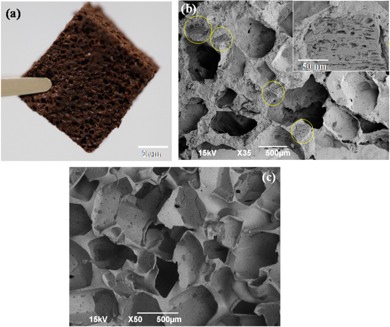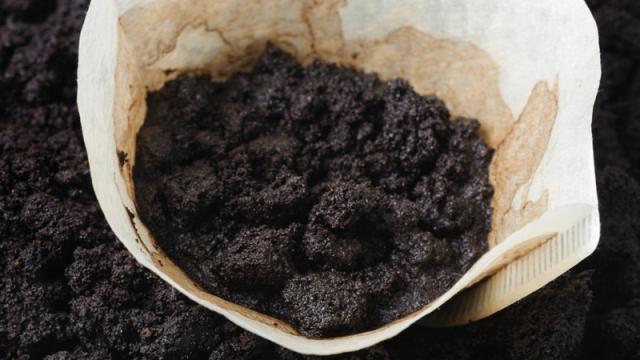Those used coffee grounds you dump into the trash every morning might just help remove lead and mercury from drinking water one day, according to a new study by a team of Italian scientists.
Image: NorGal/Shutterstock
Recycled coffee grounds have a lot of practical uses, from marinating meats and serving as natural deodorisers, to providing a nice carbon-rich compost or fertiliser for your garden. They’re also great at removing heavy metal ions from water, although it’s a complicated separation process.
In a new paper published in ACS Sustainable Chemistry and Engineering, Despina Fragouli of the Italian Institute of Technology and her co-authors described their simplified process for using powder made from used coffee grounds for water remediation.
“Millions of tons of spent coffee wind up in landfills every year, so the proposed method not only reduces the solid waste stream but removes dangerous heavy metal pollutants from water,” mechanical engineer Constantine Megaridis of the University of Chicago told Chemical and Engineering News.

Image: Asmita Chavan et al/ACS Sustainable Chemical and Engineering
Basically, the Italian scientists turned used espresso coffee grounds into a powder and combined it with silicon and sugar. Once it dried, the resulting solid was dipped in water, dissolving the sugar, leaving holes behind, creating little blocks of foam that act like filters.
Their experiments showed that this coffee-infused foam successfully got 99 per cent of the mercury and lead out of water in just 30 hours. That was in still water, which is nothing like a real-world system with water running through pipes. But even in that scenario, they found it could remove as much as 67 per cent of the lead — a major health hazard.
Lead-poisoned water has been in the headlines a lot this past year, thanks to the crisis in Flint, Michigan, but the problem isn’t limited to that city. Earlier this year, the Guardian reported that dozens of utilities are underreporting the amounts of lead in their water: 33 cities in the US have been found to have “cheats” built into their lead-testing policies. So anything that reduces the amount of lead in our drinking water is a very positive development.
